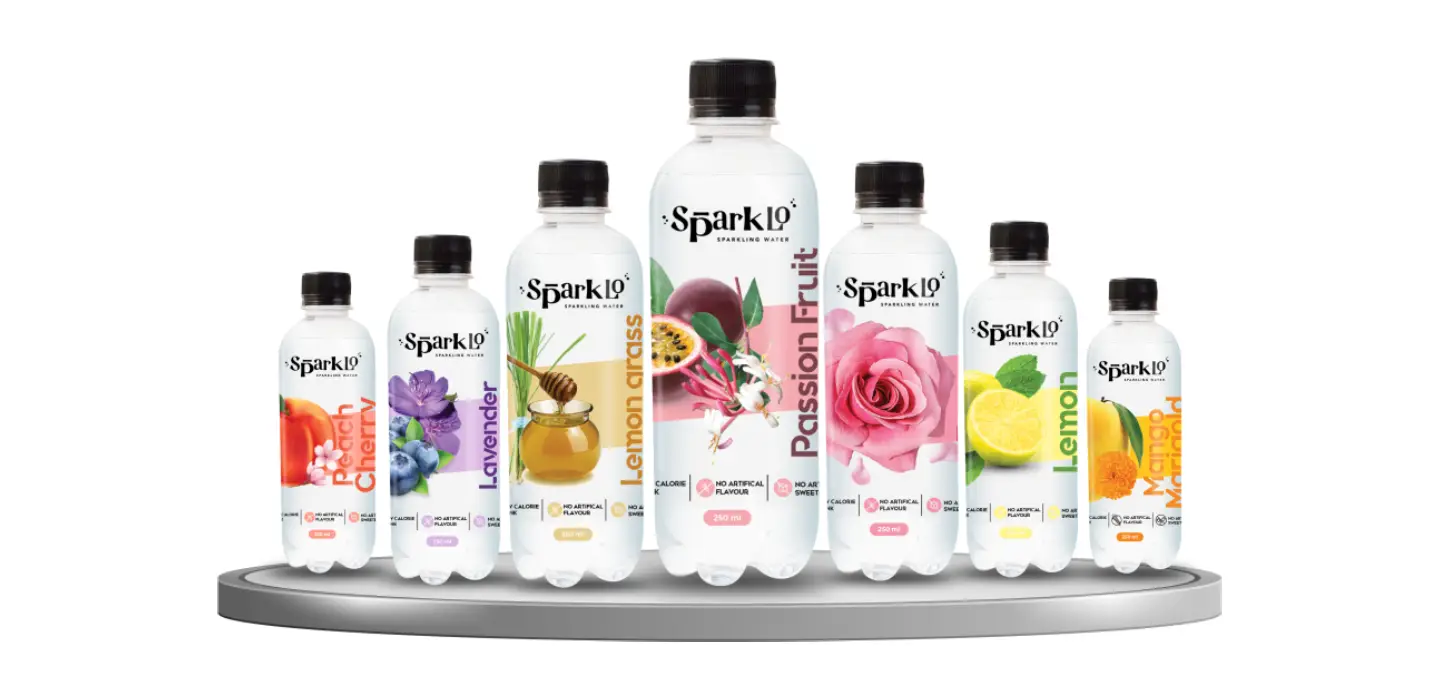Co- Packer provides assurance to the quality standards for the products.
There are many factors that must be taken into consideration when it comes to finding and selecting a co-packer. Before the search begins, you should at a very minimum have a standardized recipe and a non-disclosure agreement from an attorney. A standardized recipe is essentially the formula that your co-packer will use to produce your product. It should be scaled up to mass quantity and include all measurements in weight, for accuracy. A non-disclosure agreement is a short legal form that you will have any potential co-packer, or anyone with whom you discuss your business, sign to ensure that they will keep any information you share completely confidential. If you are short on funding, a basic non-disclosure agreement can be obtained online through an internet search.
Once you have those two documents in hand, you can begin your official co-packing search. The first aspect you want to consider is the location. While it’s best to find a co-packer close enough to travel to on a regular basis to check on production, it’s not always possible to locate the perfect match nearby. It is completely possible to partner with a co-packer not in your immediate area as long as you have excellent communication.
Selection of Non Veg Food Co packers depends on the type of food the consumers work on.
HALAL Certifications
- HALAL certifications ensures the quality in terms of slaughtering which helps for hygienic and healthy meat consumption
- The term meat industry describes modern industrialized livestock agriculture for production, packing, preservation and marketing of meat (in contrast to dairy products, wool, etc.). In economics, it is a fusion of primary (agriculture) and secondary (industry) activity and hard to characterize strictly in terms of either one alone. The greater part of the entire meat industry is termed meat packing industry- the segment that handles the slaughtering, processing, packaging, and distribution of animals such as cattle, pigs, sheep and other livestock.
Proper amenities
- With co-packing, companies can take advantage of skills that they not possess, but the contract manufacturer is likely to have relationships formed with raw material suppliers or methods of efficiency within their production.
- Contract manufacturers are likely to have their own methods of quality control in place that helps them to detect counterfeit or damaged materials easily.
- The need of proper amenities is a very important factor, disposal area local permissions etc need to be taken care of. Co –packers persist of market research and have unique model ideas for packaging and process framework, which is very much important for organizations.

“Proper communication with the Co- packer or Co- Manufacturer is the wise way to get maximum outcome”
“The frame of significant coloring factors on Red marking for non veg,yellow for only egg, green for veg is the most innovative idea to represent Food products distinction “
Frames of Trustworthiness
- The organisation should have the basic way to deal the co=packer companies on the basis of trustworthiness. Its the concept to understand and work with proper standardization certified organization along with regular audits to be carried on to rely on the process. Some of the certification bodies who assure the standards are ISO,AGMARK,HALAL,OHSAS etc. Moreover supplier and organisational standards are also put on priority to meet up the agenda.
- Contract manufacturers have multiple customers that they produce for. Because they are servicing multiple customers, they can offer reduced costs in acquiring raw by benefiting from economies of scale.Hence the efficiency of choosing co-packers also lies in the more units, the less expensive the price per unit with trustworthiness.
- GMP –Good Manufacturing Practice (GMP) is a system for ensuring that products are consistently produced and controlled according to quality standards. It is designed to minimize the risks involved in any pharmaceutical production that cannot be eliminated through testing the final product. GMP follow ups industries rule on the quality of products performed in market.
- GHP- HACCP and GHP. Hazard Analysis and Critical Control Points (HACCP) is a system used by food businesses to ensure the safety of food. It is a preventative, risk-based system which enables food businesses to identify critical control points (CCP) for physical (e.g. glass), chemical (e.g. pesticides) and/or microbiological (e.g. food poisoning bacteria) hazards before they compromise the safety of food.2 By law, all food businesses in Europe must implement and maintain procedures based on HACCP principles.

Quality Assurance and principles
- Six Sigma – Six Sigma is a method that provides organizations tools to improve the capability of their business processes. This increase in performance and decrease in process variation helps lead to defect reduction and improvement in profits, employee morale, and quality of products or services.
- Lean Management-Lean management is an approach to running an organization that supports the concept of continuous improvement, a long-term approach to work that systematically seeks to achieve small, incremental changes in processes in order to improve efficiency and quality.
- Kaizen effect-The basic principles of the Kaizen approach. Underlying the Kaizen approach is a dedication to improving effectiveness, satisfaction, and waste. The core tenets of continuous improvement of Kaizen include: Standardizing a process so that it’s repeatable and organized.




